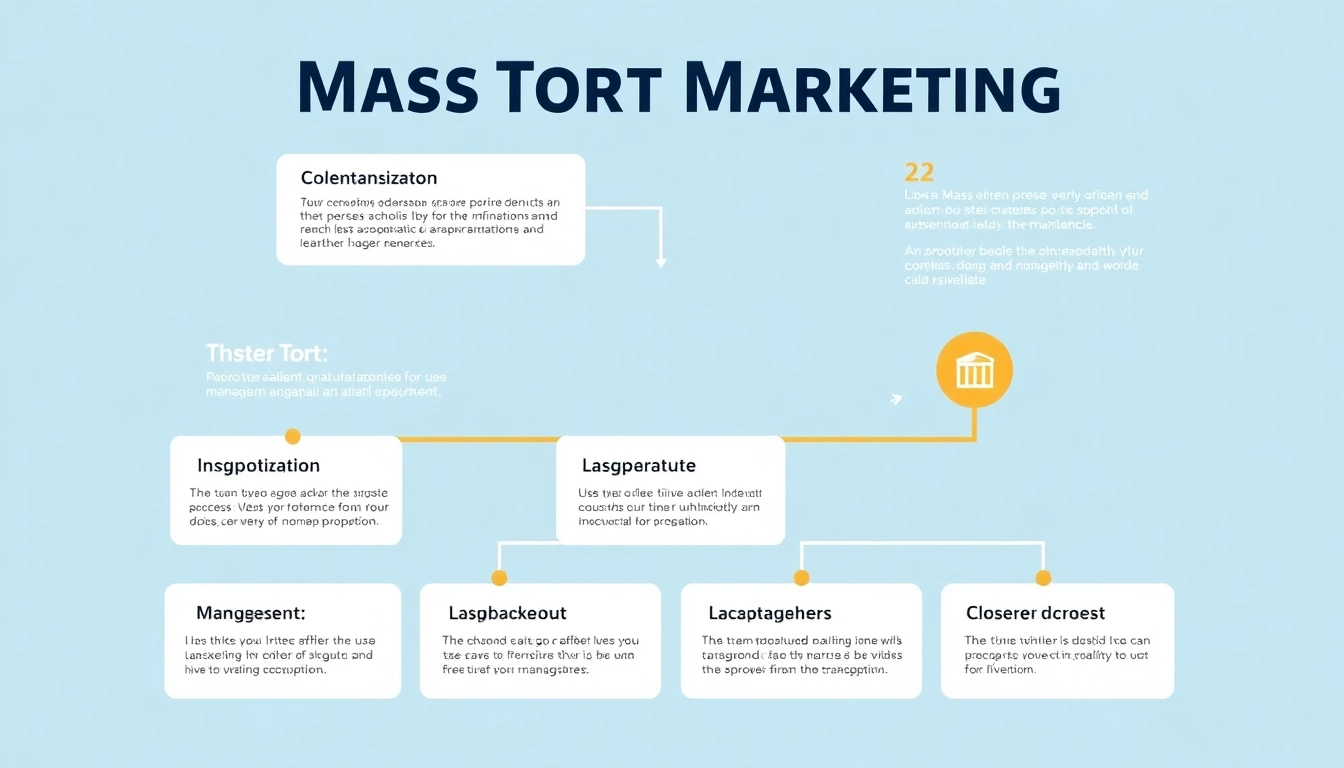Understanding PFAS: What You Need to Know
What are PFAS and Their Health Risks?
Per- and polyfluoroalkyl substances, commonly known as PFAS, represent a vast group of synthetic chemicals that have been in use since the 1940s. These substances are celebrated for their ability to repel water and grease, making them a popular choice in various products, from fast food packaging to firefighting foam. However, the persistence of PFAS in the environment and human body has raised significant health concerns. Studies have linked exposure to PFAS to a range of health issues, including cancer, liver damage, immune system effects, and hormonal disruptions.
The long-term exposure to PFAS compounds poses significant risks, particularly because they are bioaccumulative. That means these substances accumulate in living organisms over time, leading to higher concentrations than in the surrounding environment. Research indicates that certain PFAS chemicals can remain in the human body for years, causing chronic health problems. Thus, understanding PFAS and the associated risks is paramount for public health and safety.
Common Sources of PFAS Exposure
Identifying the primary sources of PFAS exposure is essential for prevention and mitigation. PFAS are ubiquitous in modern life and can be found in:
- Water sources: PFAS frequently contaminate groundwater near industrial sites and military bases where firefighting foam was used.
- Food packaging: Many fast food wrappers, pizza boxes, and microwave popcorn bags contain PFAS.
- Consumer products: Stain-resistant coatings on textiles and non-stick cookware often contain PFAS.
- Cosmetics: Some makeup, especially those marketed as waterproof, may include PFAS to enhance durability.
Understanding these sources can help individuals make informed choices to reduce their risk of PFAS exposure.
Legal Definitions and Implications of PFAS Lawsuits
The legal landscape surrounding PFAS has evolved significantly over recent years. The definition of PFAS in legal contexts often revolves around their chemical properties and uses. Legally, plaintiffs may argue that a corporate entity or government entity was negligent in allowing PFAS to contaminate the environment or public health.
Implications for plaintiffs can be substantial, especially if cases are linked to health outcomes. A successful lawsuit can lead to financial compensation for medical bills, lost wages, and pain and suffering, highlighting the importance of engaging with experienced PFAS lawsuit attorneys who understand the complexity of these cases.
Why You Need Experienced PFAS Lawsuit Attorneys
The Role of Attorneys in PFAS Litigation
PFAS litigation can be a daunting process due to the scientific and legal intricacies involved. An experienced attorney specializes in environmental law and understands the nuances of PFAS-related lawsuits. They can help navigate the complexities of demonstrating causation between PFAS exposure and health issues, gathering scientific evidence, and making compelling legal arguments.
A proficient attorney will also be well-acquainted with current regulations and legal standards, enabling them to assess the merits of your case and advocate for a fair settlement. Furthermore, by representing you, they can negotiate with insurance companies or corporate attorneys to ensure you receive the compensation you deserve.
How to Choose the Right PFAS Lawyers
Choosing the right attorney for a PFAS lawsuit requires careful consideration. Here are some key factors to consider:
- Experience: Look for attorneys who have handled PFAS cases specifically, as they will have relevant experience with the challenges of these lawsuits.
- Reputation: Research potential lawyers through reviews, testimonials, and professional organizations to find reputable attorneys with a successful track record in environmental law.
- Resources: Make sure your chosen attorney has the necessary resources, including access to expert witnesses and scientific data, to support your case.
- Communication: Choose someone who communicates openly and regularly updates you on the case’s progress, ensuring you’re well-informed throughout the process.
Understanding Attorney Fees and Costs in PFAS Cases
One of the most pressing concerns for individuals considering filing a PFAS lawsuit is the cost. Attorneys may work on a contingency fee basis, meaning they only get paid if you win your case. Typically, the fee ranges from 25% to 40% of the settlement awarded.
It is vital to clarify the fee structure during the initial consultation and inquire about other potential costs, such as court fees and expenses related to gathering evidence. Some attorneys may offer a free initial consultation, allowing you to assess their suitability without financial commitment.
The Process of Filing a PFAS Lawsuit
Steps to Initiate Your Lawsuit
The process of filing a PFAS lawsuit can be broken down into several manageable steps:
- Initial Consultation: Consult with a PFAS attorney to discuss the details of your exposure and health issues.
- Investigation: Your attorney will investigate your case’s merits, gathering evidence and identifying liable parties.
- Filing the Complaint: If there is sufficient evidence, your attorney will file a legal complaint in the appropriate court.
- Discovery Phase: Both parties will exchange evidence and testimonies, which may involve depositions and document requests.
- Trial or Settlement: Many PFAS cases settle out of court. If a settlement cannot be reached, your case will proceed to trial, where a judge or jury will decide.
Gathering Evidence for Your Case
Gathering evidence is critical to the success of your lawsuit. Key elements of evidence typically include:
- Medical Records: Documenting any health conditions directly linked to PFAS exposure.
- Testing Results: Water or blood tests confirming the presence of PFAS substances.
- Witness Testimonies: Statements from individuals aware of the exposure circumstances or those who have experienced similar health outcomes.
- Documentary Evidence: Records of products used, environmental monitoring reports, and communications with responsible parties.
Collaborating closely with your attorney can help ensure all pertinent evidence is gathered effectively to strengthen your case.
Common Legal Challenges in PFAS Suits
While pursuing a PFAS lawsuit, several legal challenges may arise:
- Causation Issues: Establishing a clear connection between PFAS exposure and health problems can be complicated and require expert testimony.
- Statute of Limitations: Timely filing is crucial; depending on the state, you may have a limited time to sue after discovering harm due to PFAS.
- Evidentiary Challenges: Some evidence, such as internal corporate documents, may be hard to obtain, especially if companies deny wrongdoing.
Understanding these challenges and preparing for them with the help of an attorney can improve the chances of a successful outcome.
Recent PFAS Lawsuit Settlements and Outcomes
Highlighting Major Cases Won by PFAS Lawsuit Attorneys
Over recent years, several significant PFAS lawsuits have resulted in settlement victories, reflecting the severity of the issue and the potential for recovery. For example, in 2020, a multi-million dollar settlement was reached in a lawsuit involving a major chemical manufacturer accused of contaminating local water supplies with PFAS, which adversely affected residents’ health.
These landmark cases not only provided compensation to victims but also set important legal precedents that may influence future litigation. The success of these cases underscores the need for experienced PFAS lawsuit attorneys who can navigate the complexities of environmental law.
Impact of Settlements on Future PFAS Litigation
The success of various PFAS lawsuits has significant implications for future litigation. Increased awareness of PFAS-related health risks and the legal actions taken against negligent parties may encourage more individuals to come forward with their claims. As settlements rise, companies may be more inclined to alter practices and policies to prevent further contamination and future lawsuits.
Moreover, successful settlements often prompt regulatory agencies to take a closer look at PFAS regulations, potentially leading to stricter guidelines and enforcement measures, thus offering additional protection to the public.
Financial Compensation: What to Expect
The potential financial compensation in PFAS lawsuits varies significantly based on the specifics of each case. Factors that can influence compensation amounts include:
- Severity of Health Issues: More severe health impacts typically result in higher compensation.
- Medical Expenses: Costs related to treatment, rehabilitation, and ongoing care factor heavily into settlement amounts.
- Lost Wages: Compensation is also awarded for any loss of income due to the inability to work.
- Pain and Suffering: Many settlements also account for emotional distress and pain endured by the victim.
Successful claims can result in significant financial awards, but it is essential to have reputable legal representation to pursue these cases effectively.
Connecting with PFAS Attorneys: Resources and Support
Finding Local PFAS Lawsuit Attorneys
Finding a qualified attorney who specializes in PFAS lawsuits can be crucial for navigating litigation successfully. Various resources can assist you in locating local attorneys, including:
- State Bar Associations: Many state bar associations allow individuals to search for attorneys based on their specialization.
- Legal Aid Organizations: Nonprofit legal organizations can provide referrals to attorneys who may offer free or reduced fees.
- Online Directories: Websites that aggregate lawyer reviews and profiles can drastically simplify the search process.
Ensuring your attorney has relevant experience with PFAS litigation specifically can substantially improve your chances of success.
Client Testimonials and Success Stories
Hearing from clients who have navigated the PFAS litigation process can provide valuable insights into what to expect. Many clients testify about the importance of having knowledgeable attorneys who understand the intricacies of PFAS cases and who provide unwavering support throughout the legal process.
Positive testimonials often highlight the attorney’s dedication to securing a fair settlement and the service provided in ensuring clients are informed at every stage of the lawsuit. Stories of overcoming obstacles and achieving justice underscores the impact of legal advocacy in addressing the challenges posed by PFAS contamination.
FAQs: Answering Your Questions on PFAS Cases
Below are some frequently asked questions regarding PFAS lawsuits:
- What is the statute of limitations for filing a PFAS lawsuit? The statute of limitations varies by state but generally ranges from two to six years, depending on when the harm was discovered.
- How long does a PFAS lawsuit take? The duration of a PFAS lawsuit can vary significantly. Simple cases may settle in a year, while complex cases can take several years to reach a resolution.
- What qualifies as a PFAS exposure case? A case qualifies if there is evidence of harm caused by PFAS exposure, including contamination of water supplies or consumer products leading to significant health issues.
Understanding these questions can demystify the litigation process and help you make informed decisions regarding your potential case.











Leave a Reply